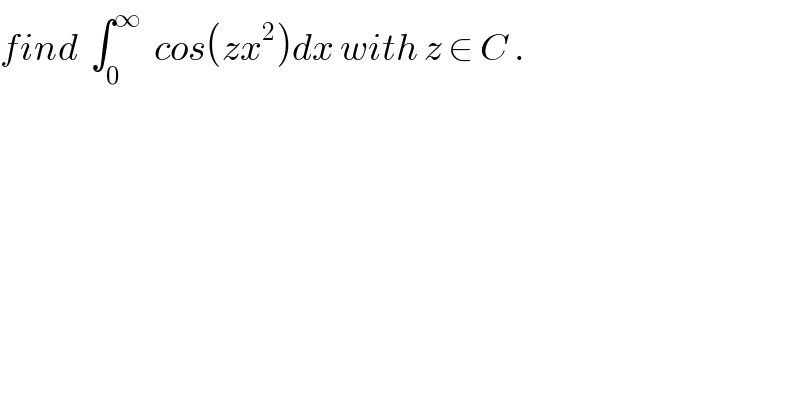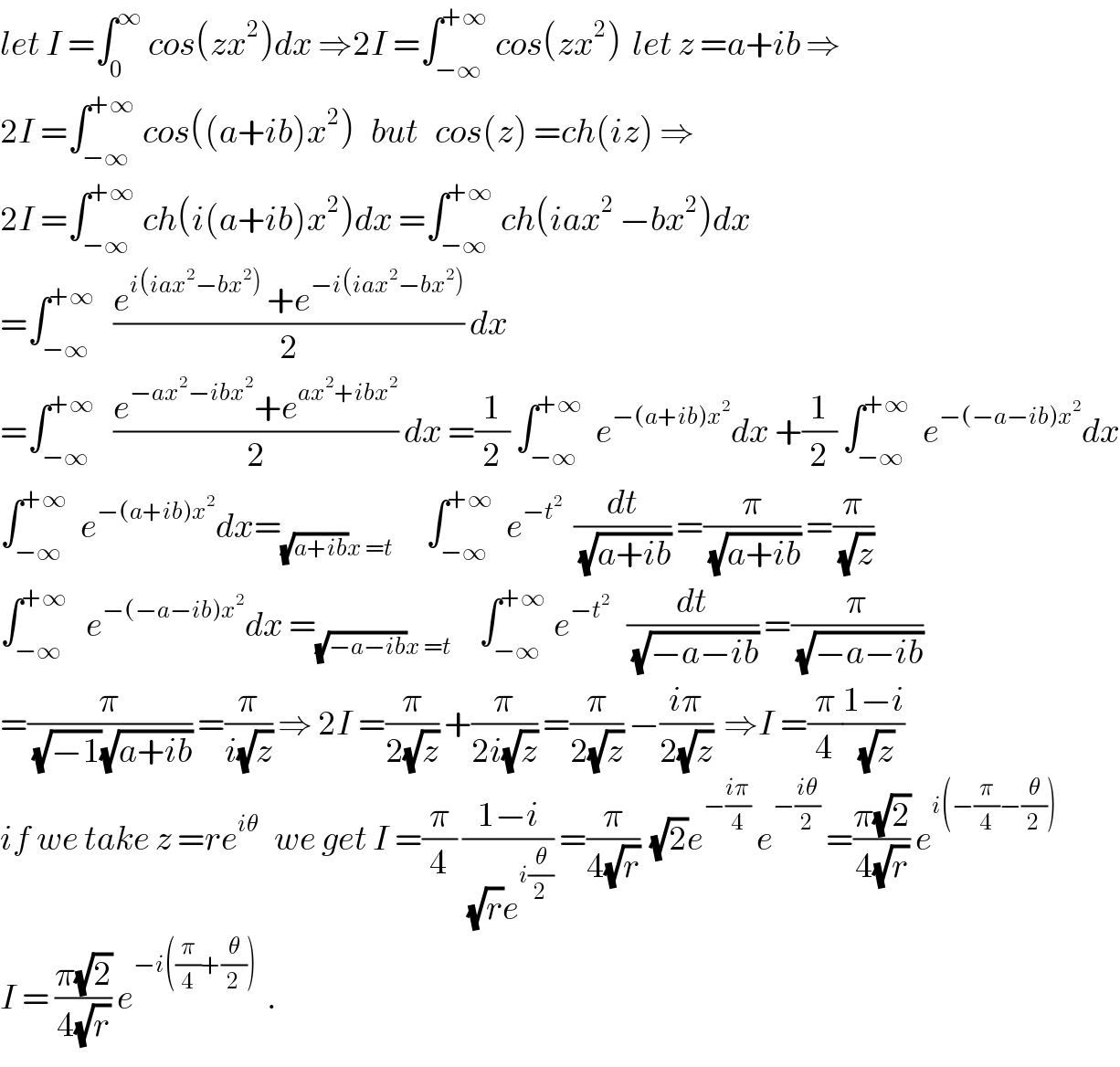
Question and Answers Forum
Question Number 61528 by maxmathsup by imad last updated on 04/Jun/19

Commented by maxmathsup by imad last updated on 04/Jun/19

Commented by Smail last updated on 05/Jun/19

Commented by maxmathsup by imad last updated on 08/Jun/19

Commented by maxmathsup by imad last updated on 08/Jun/19

